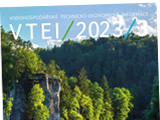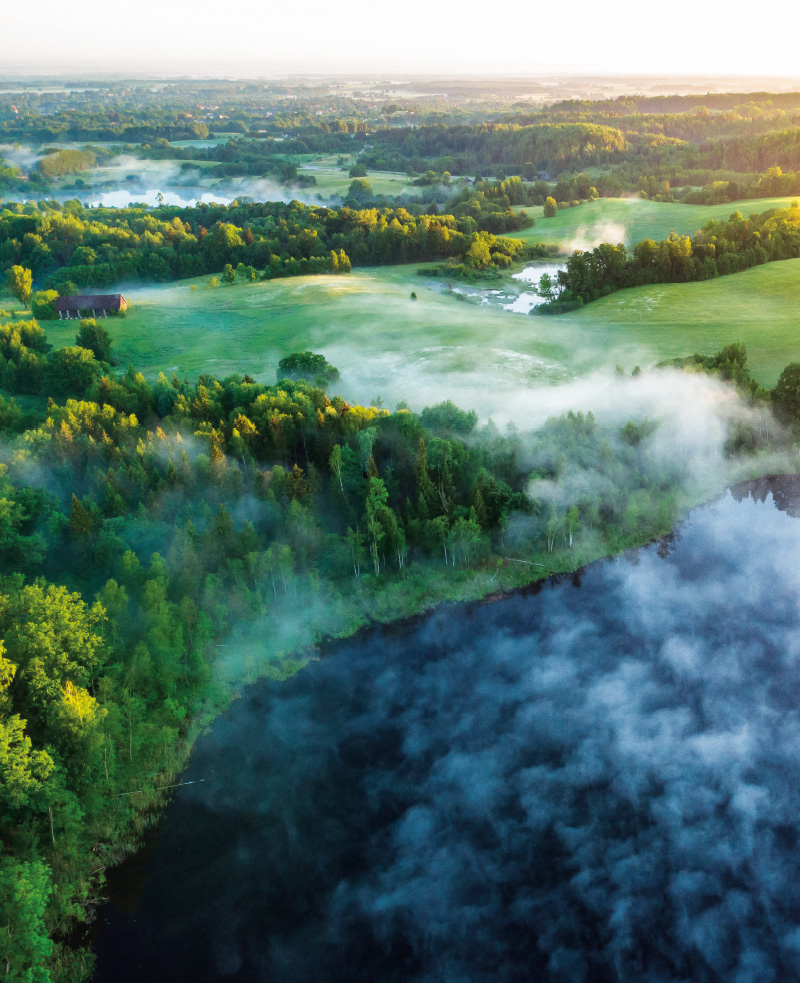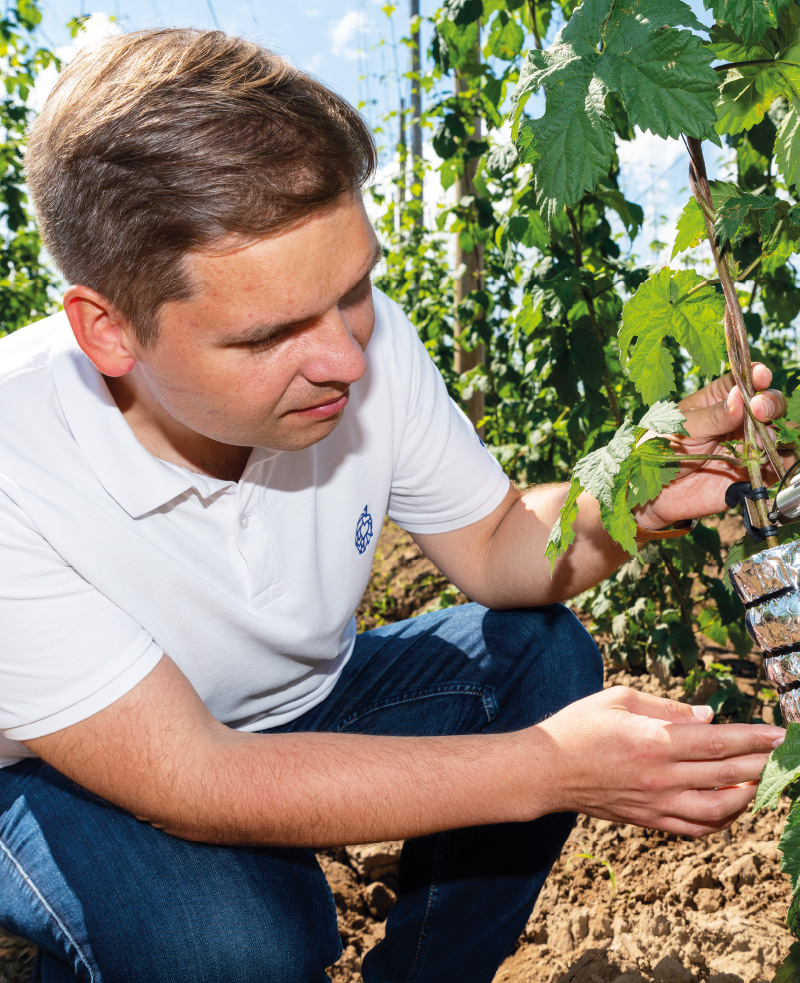
Wetland evapotranspiration
A wetland is an environment where water is readily available for vegetation, and therefore intensive evapotranspiration (ET) close to the potential ET value occurs. In addition, higher ET intensities can be expected in the future due to the observed increase in temperatures associated with climate change. The impact of wetland ET needs to be considered, for example, in restoration planning or hydrological mod-elling, and it is important to draw on the current knowledge provided by the large number of papers worldwide.
 Are you interested in the printed journal?
Are you interested in the printed journal?
